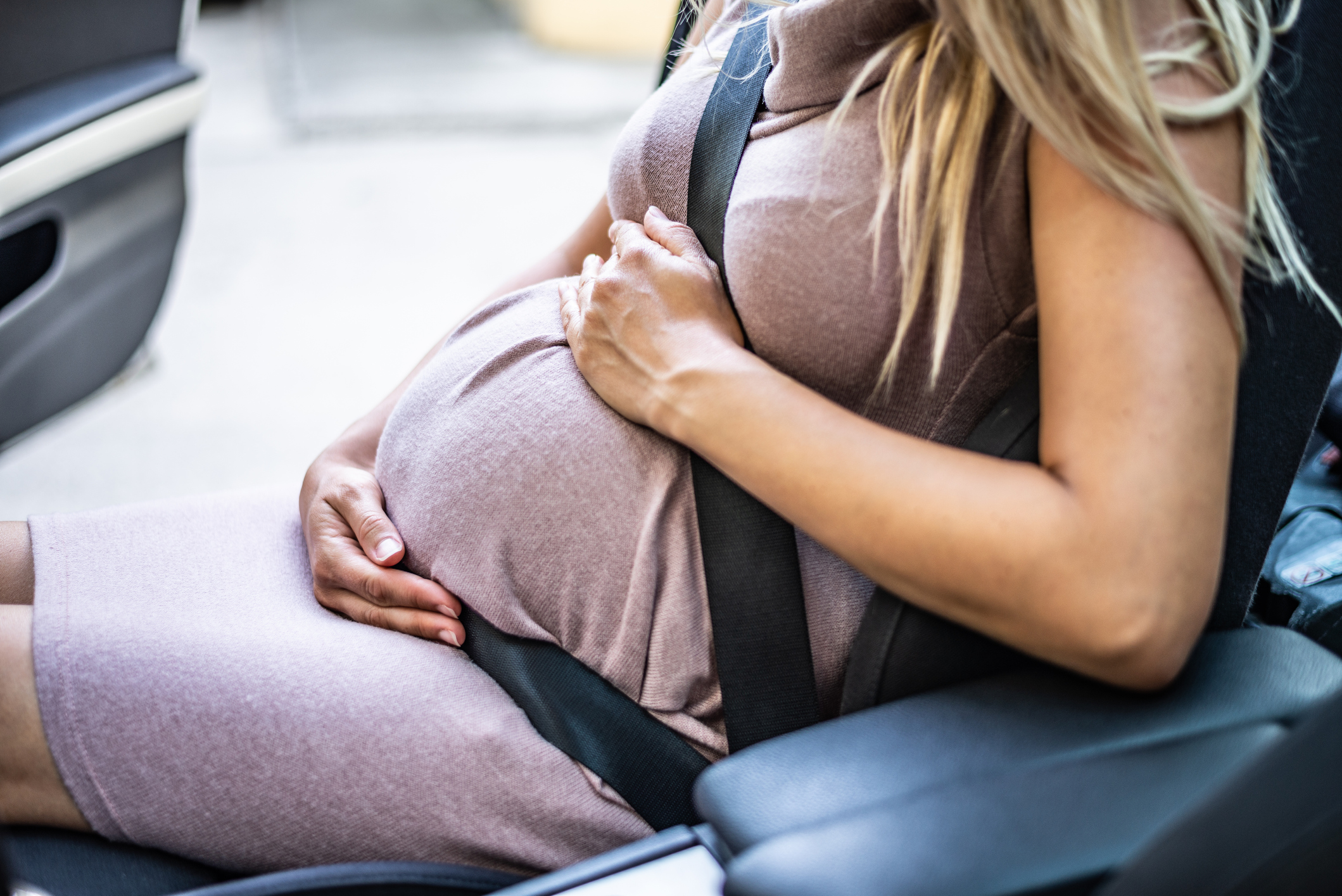Would the Prime Minister find it so amusing if his own wife had to give birth on the side of the road?
Rural doctors say they are outraged by comments from Prime Minister Scott Morrison that made light of the serious nature of roadside births.
On Wednesday during Question Time, Canberra MP Alicia Payne asked Mr Morrison whether he thought it was acceptable for women from Yass in NSW to be travelling more than one hour on the Barton highway to give birth in Canberra or Goulburn hospitals, sometimes resulting in birth before arrival.
But Mr Morrison used the opportunity to remind the lower house about a planned multi-million-dollar upgrade to the Barton highway.
“Well, I’m pleased to let the member know that’s why we have committed $150 million to upgrade the Barton Highway,” Mr Morrison said, a roar of laughter erupting in response.
“The commitment will improve safety and reduce travel times to all motorists on that busy stretch from Yass to Canberra.”
Dr John Hall, President of the Rural Doctors Association of Australia, said he was very disappointed at the Prime Minister’s dismissive attitude to a serious problem faced by many rural communities.
“That Prime Minister Morrison would turn the highly stressful and risky issue of roadside births into a joke for the benefit of his parliamentary colleagues is extremely concerning,” Dr Hall said.
Yass has not had any specialist maternity services since 2004, being one of the 130 rural birthing units which have been defunded and closed in the last 20 years.
“Women have, for more than 15 years, had to travel from the town of Yass more than an hour to either Canberra or Goulburn to birth their babies, adding to the risk, stress and expense for many, many families,” Dr Hall said.
“That his response was met with laughter across the House – to be fair, some with shock, but certainly others in appreciation of his ‘wit’ – is a sign that serious issues affecting rural Australians are completely underappreciated by many of our federal elected representatives.
“I guarantee that if the Prime Minister had been faced with the situation of his own wife giving birth on the side of the road, hoping that paramedics would arrive in time, he would not find it amusing in the slightest.”
Dr Hall said that while hospital and maternity closures were the responsibility of the states, the health inequity facing rural Australia should be no laughing matter, at any level of government.
One of the main risk factors of babies being born before arrival at a hospital, or unsupervised birthing at home, was among women who lived more than two hours from a maternity unit, or without a local maternity service.
The RDAA and ACRRM hope that the federal government’s commitment to funding the Rural Generalist Training Pathway will solve some of the staffing shortages in existing rural birthing units, and provide the robust rural workforce required to reopen others.


